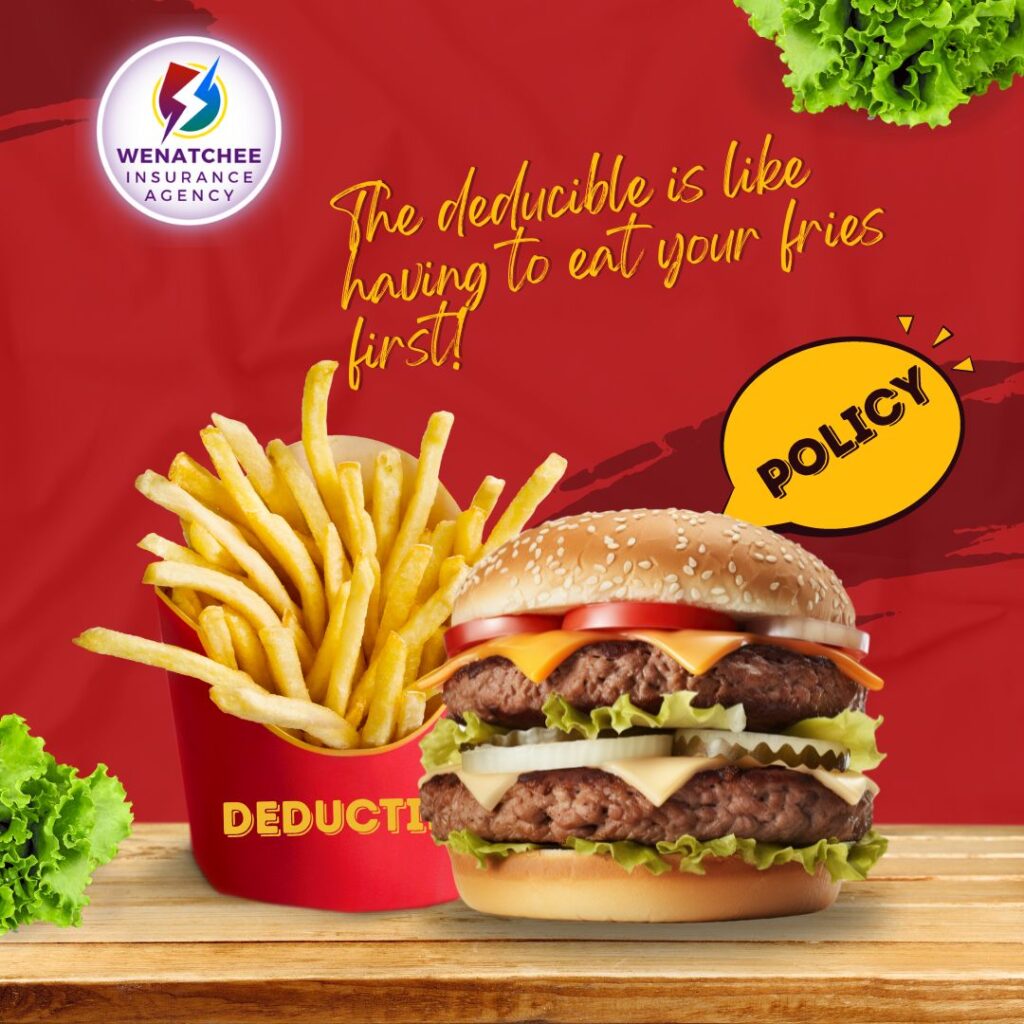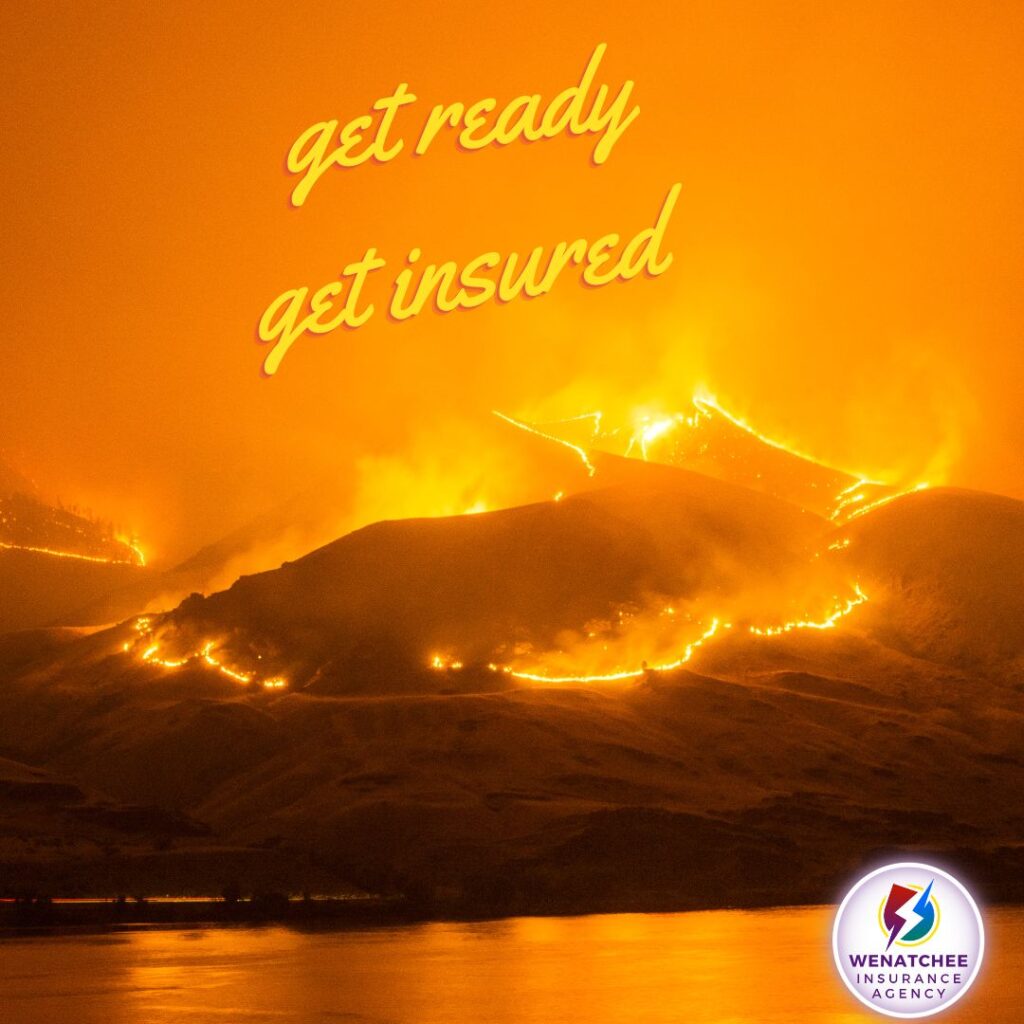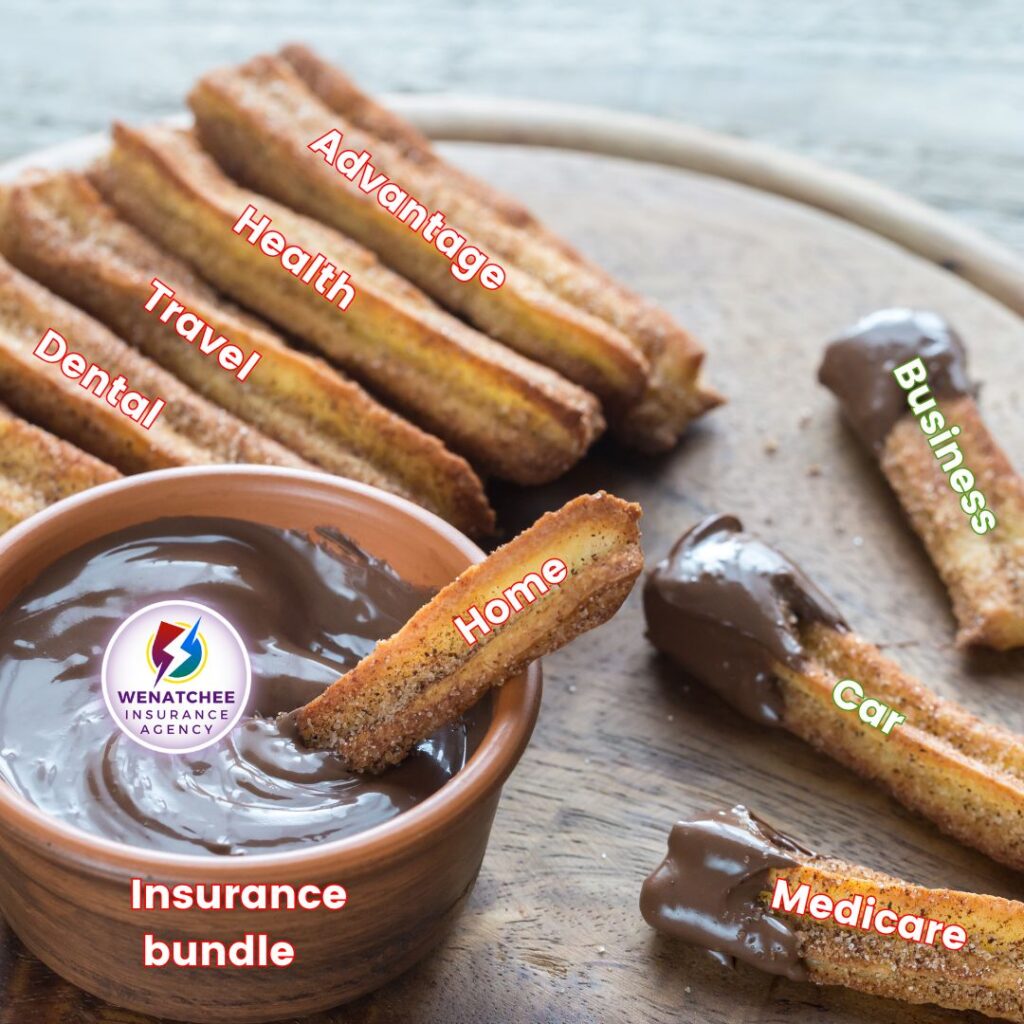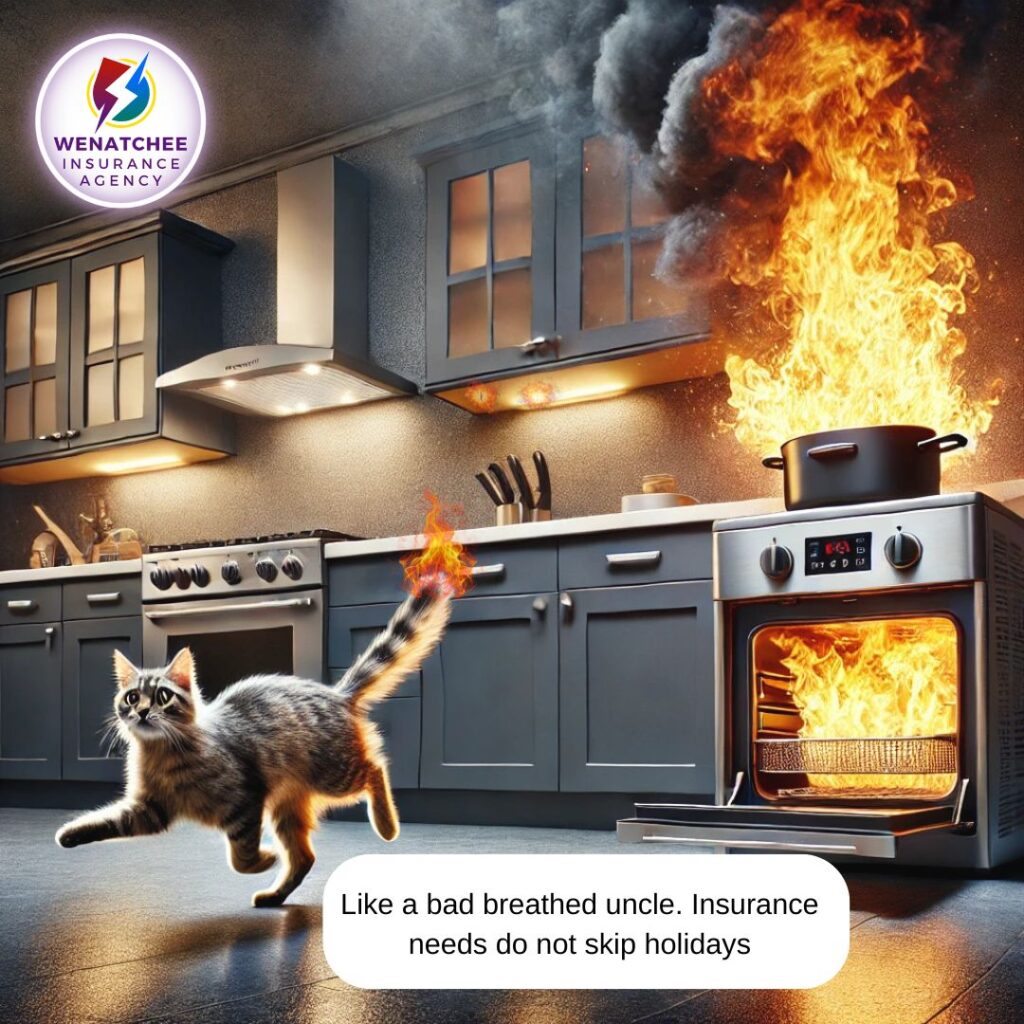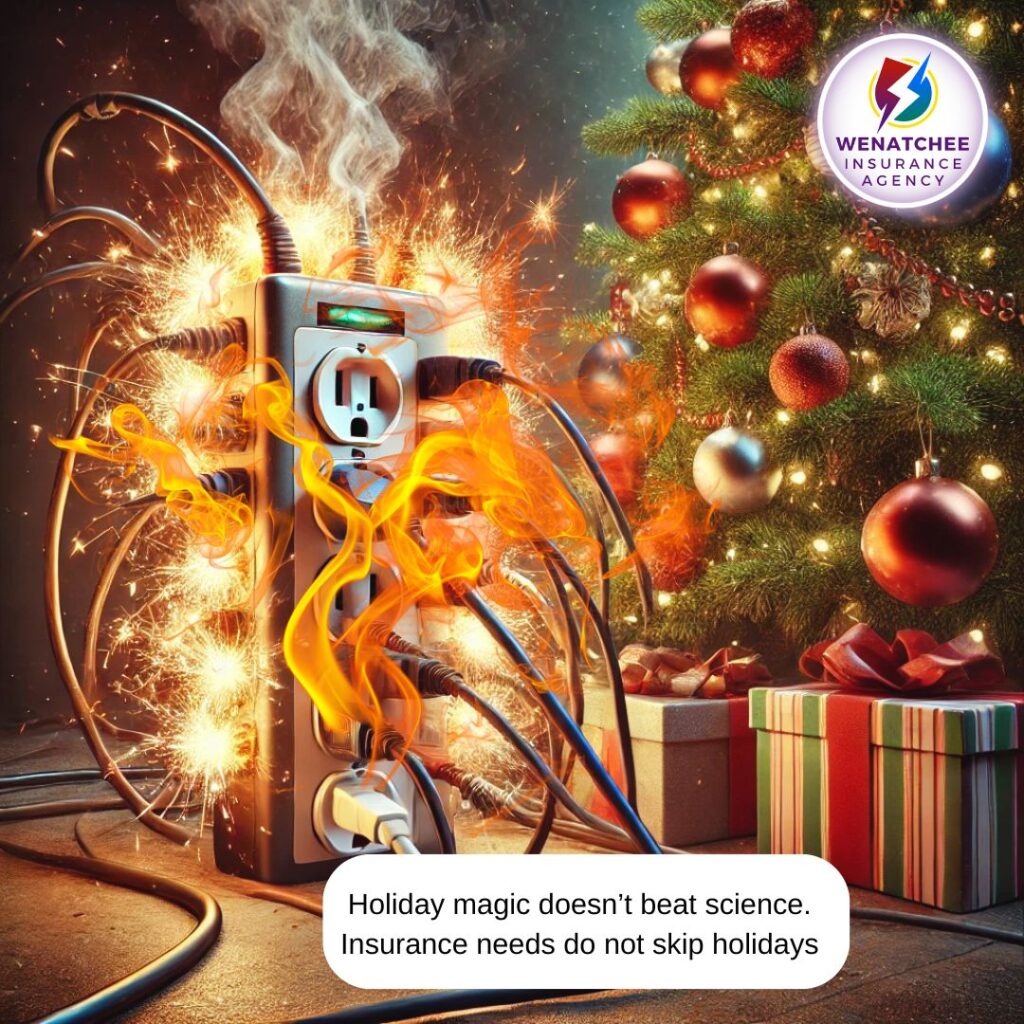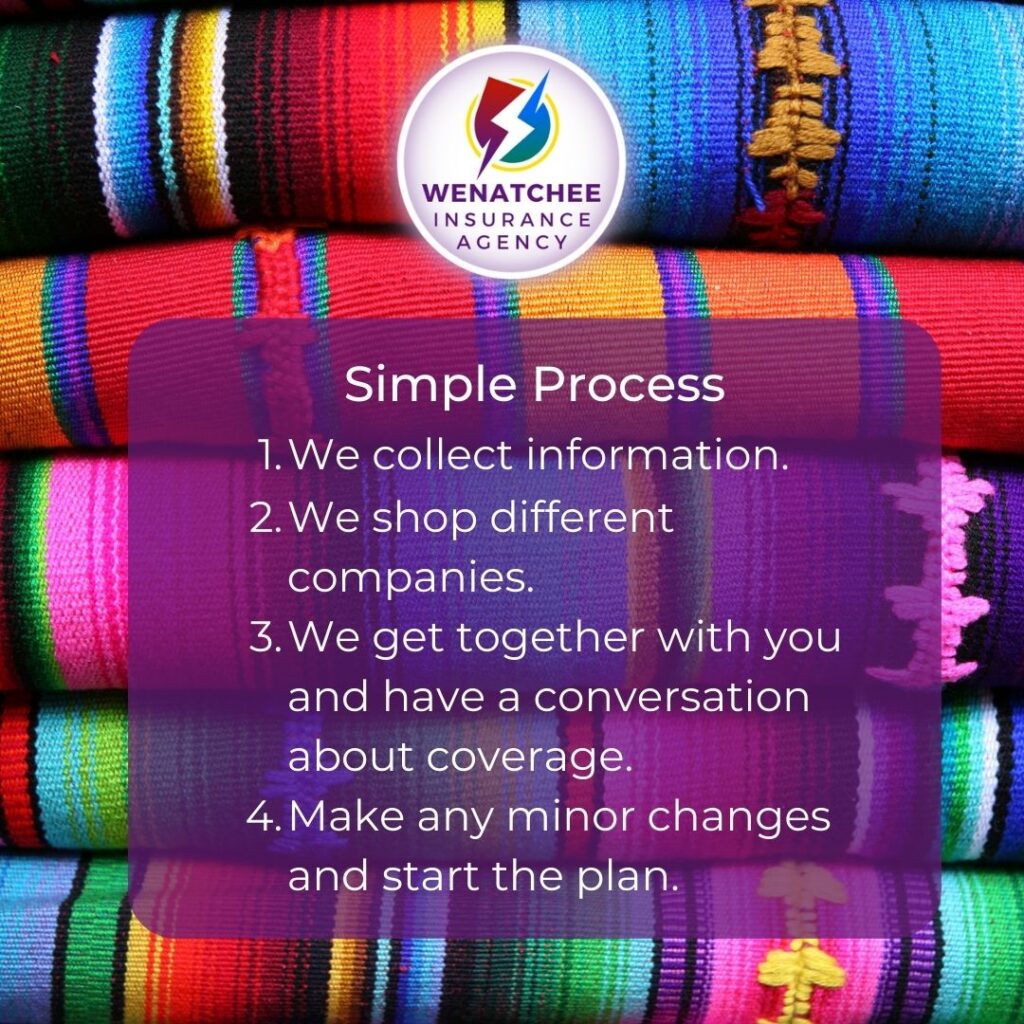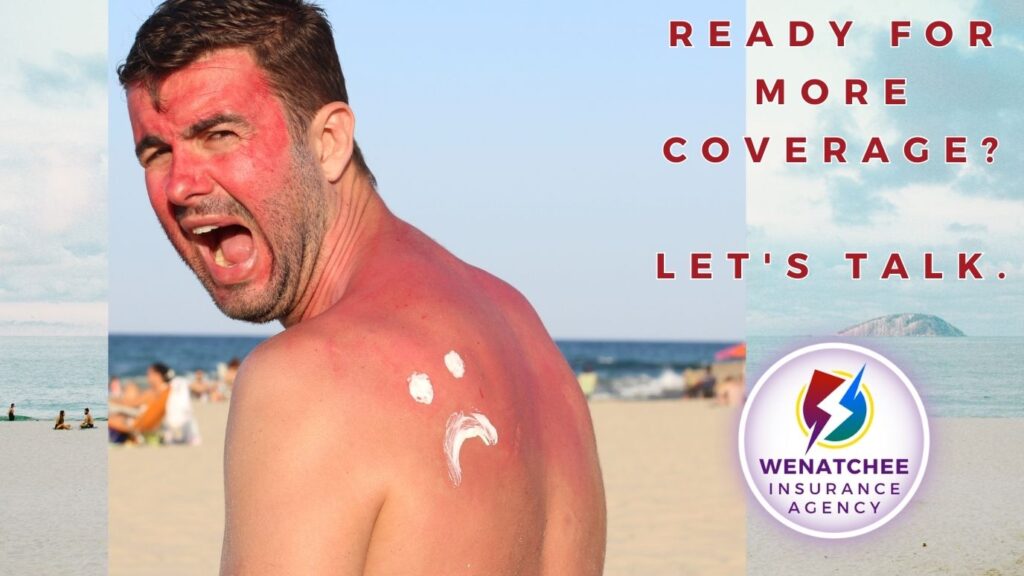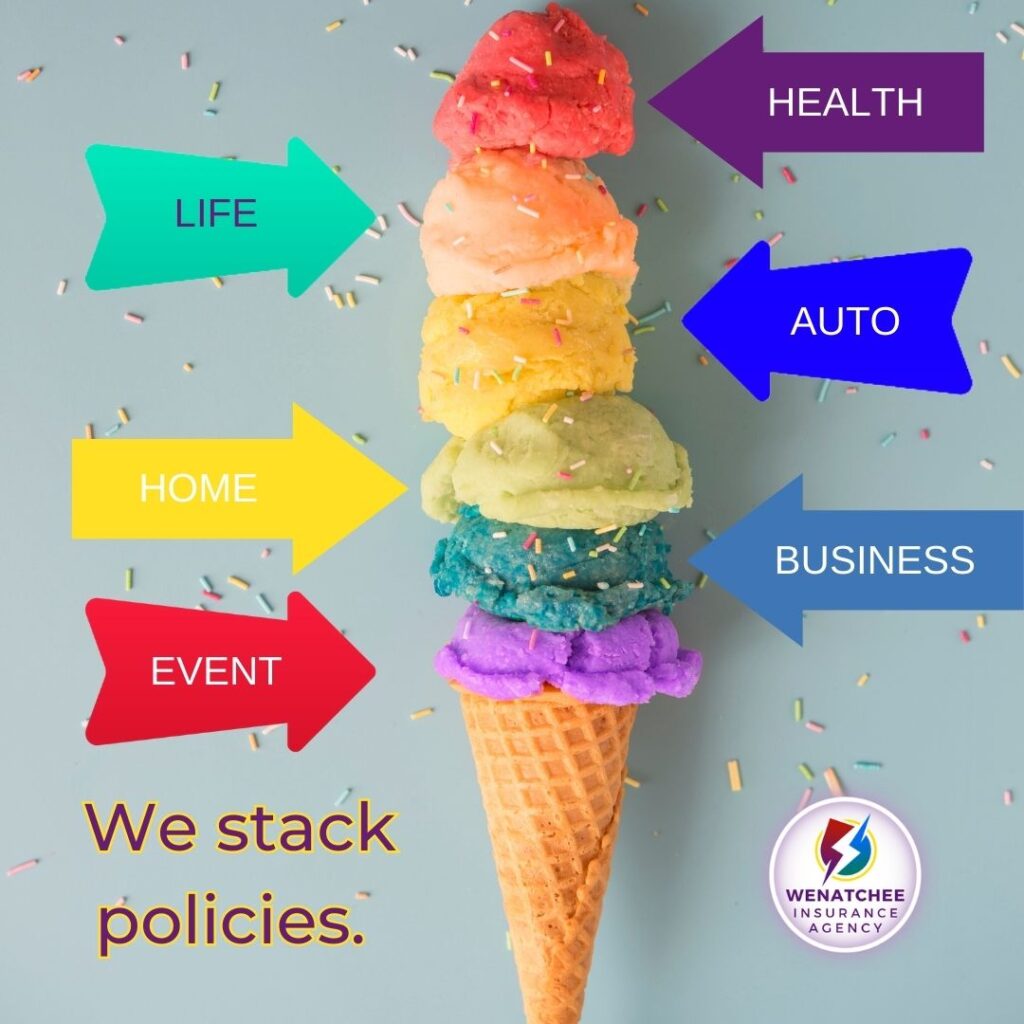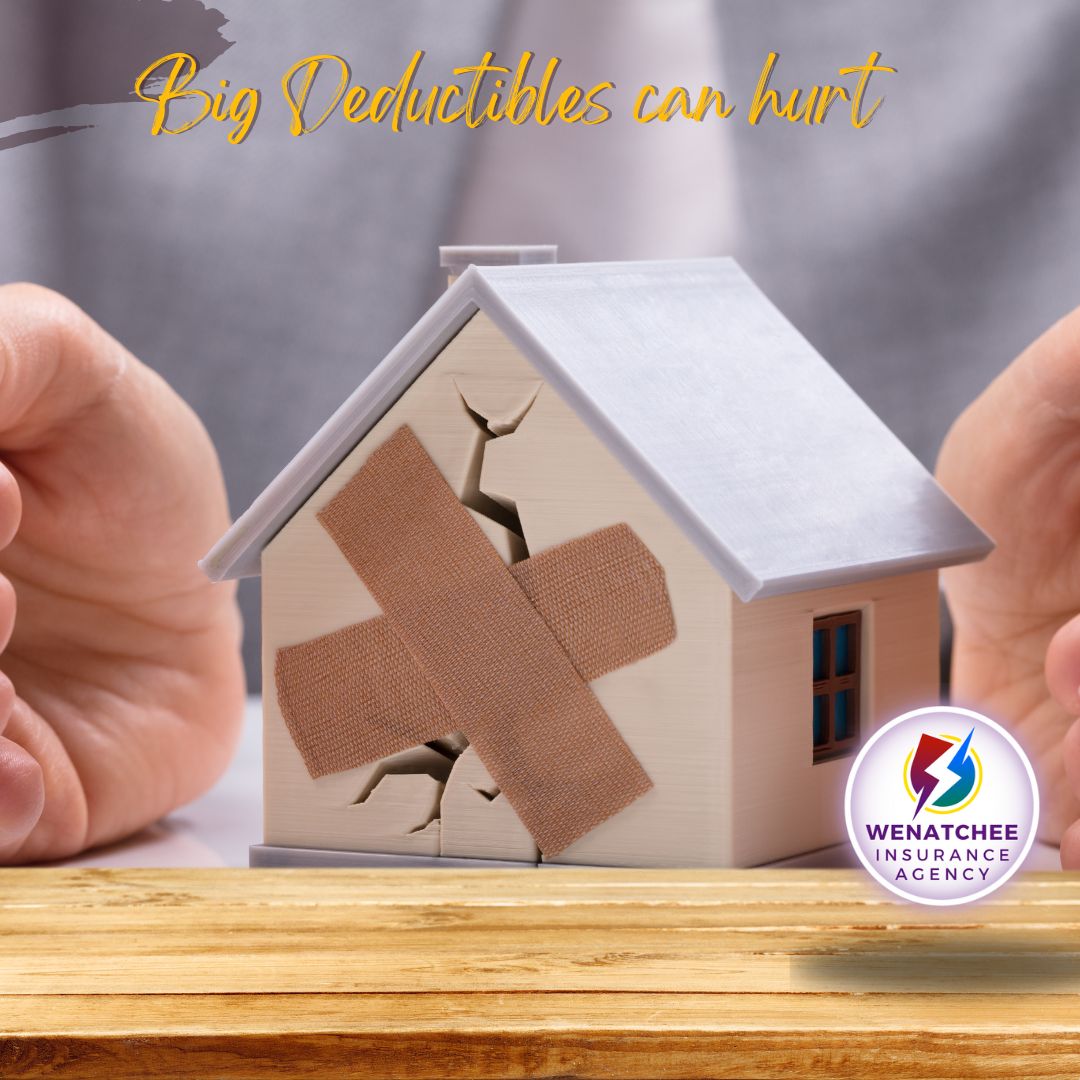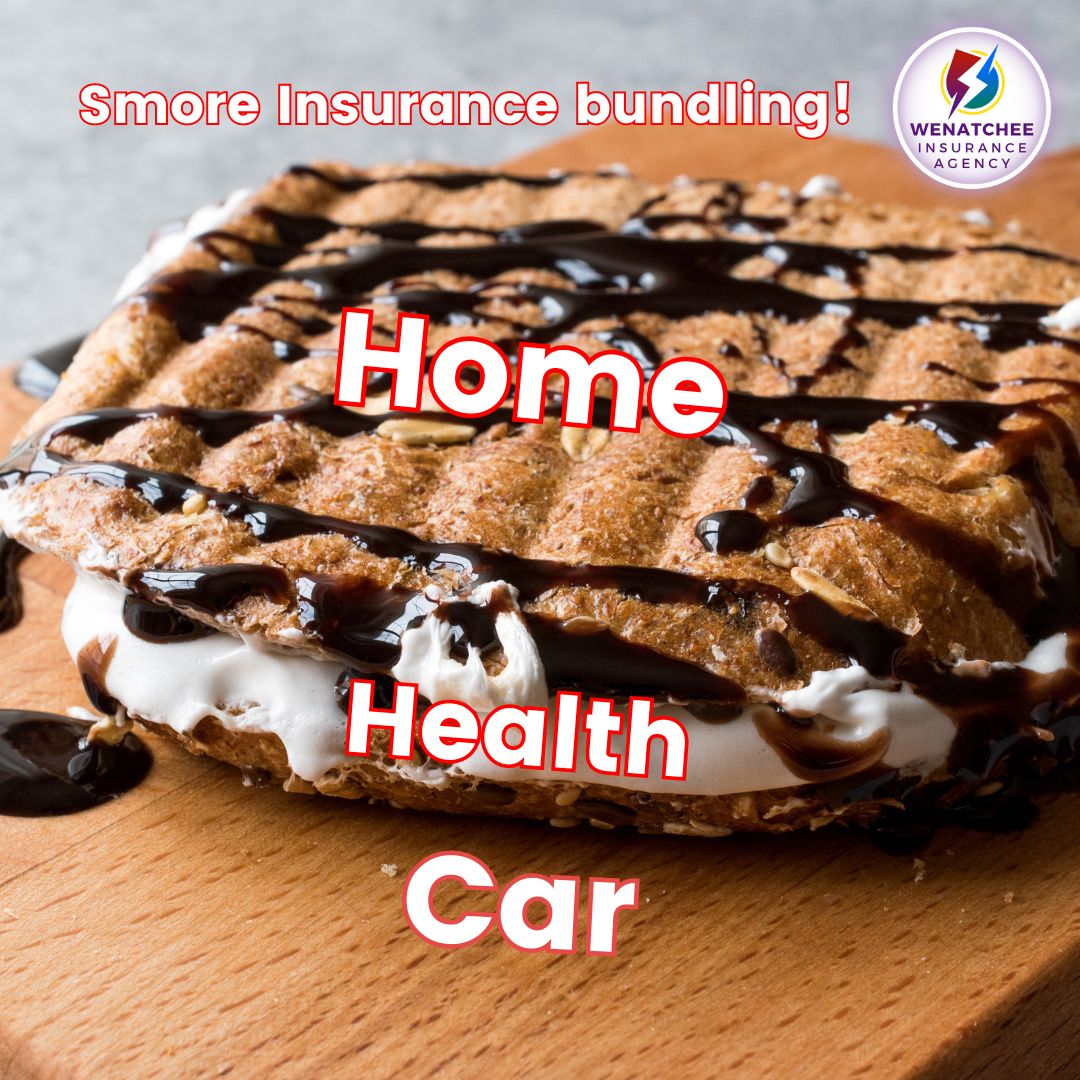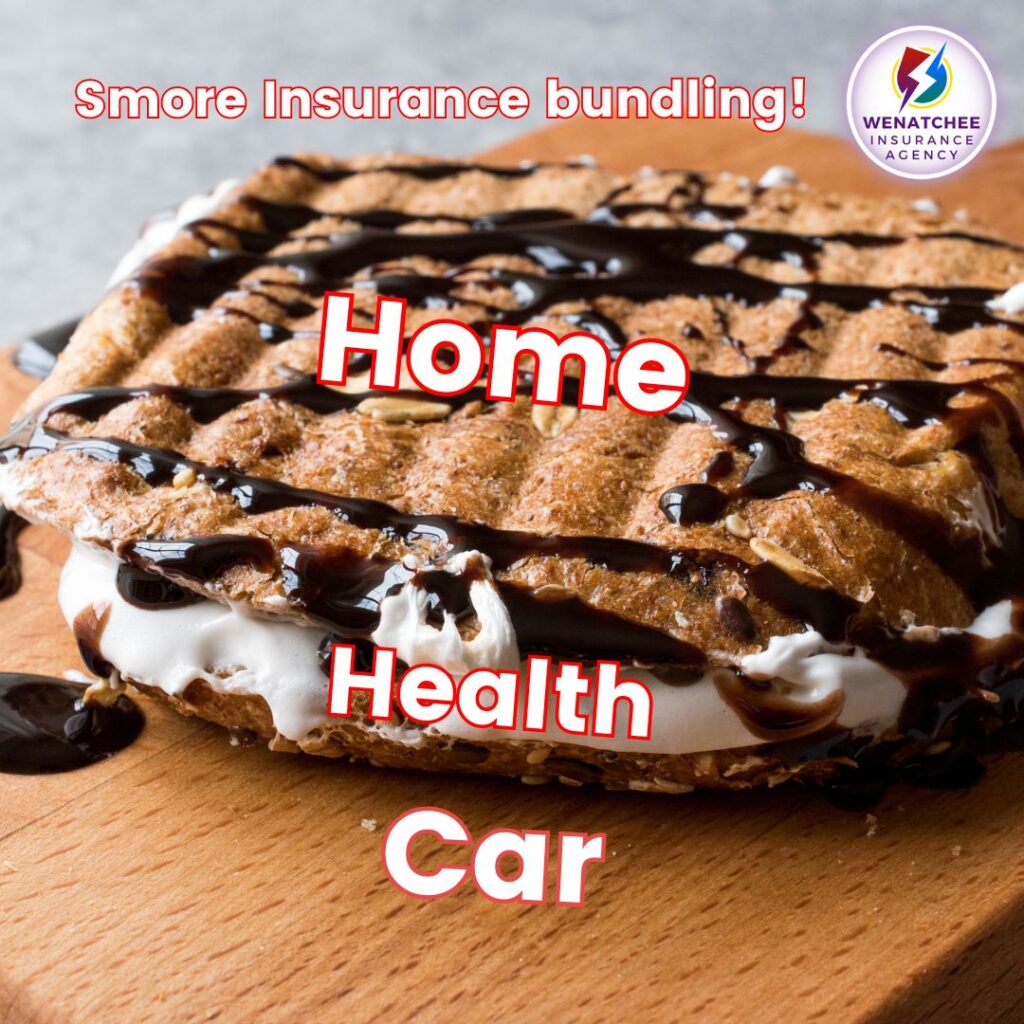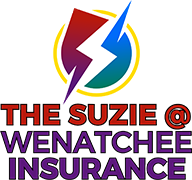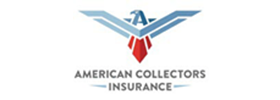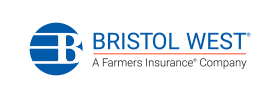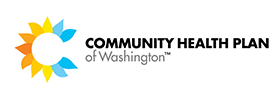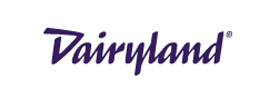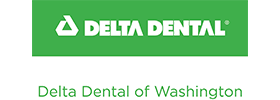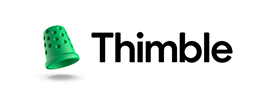Weatherproofing Tips That Could Save Your Home from Damage
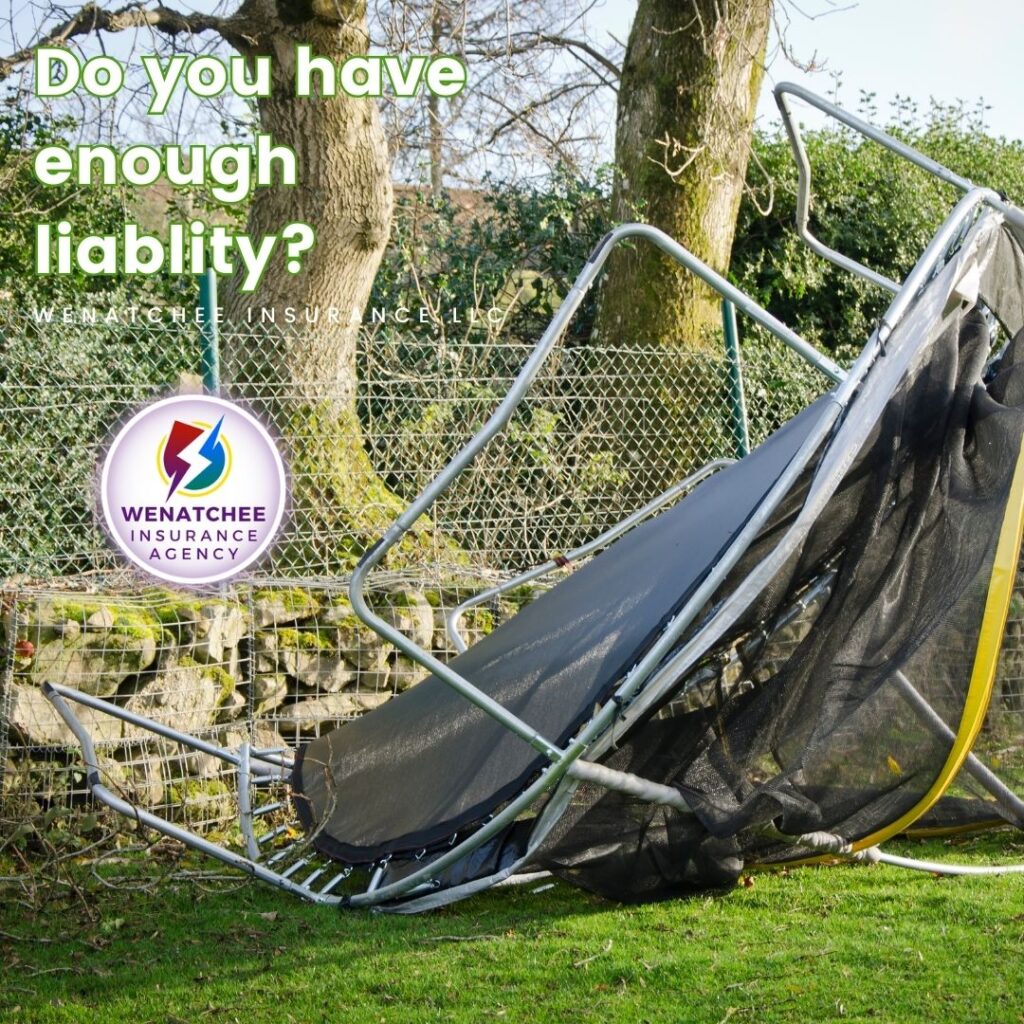
When the seasons change, your home becomes the frontline defense against whatever Mother Nature has in store. From heavy rain and snow to high winds and sudden temperature drops, your property is constantly exposed to the elements. At Wenatchee Insurance Agency, serving the greater Wenatchee, WA area, we’ve observed how a few smart weatherproofing steps can prevent major headaches—and costly insurance claims—in the future.
Begin with Your Roof and Gutters
Your roof bears the brunt of most weather events, so maintaining it in good condition is crucial. Allocate time to inspect for loose or missing shingles and check the flashing around chimneys or vents. Clogged gutters might not seem like a significant issue, but when water backs up, it can damage your roof, siding, and even your foundation.
Seal the Gaps Before the Cold Sets In
Tiny gaps around windows and doors can let in cold air, moisture, and even pests. Weather stripping and caulk are inexpensive solutions that make a big difference. Not only do they help protect your home, but they also improve energy efficiency—something your heating bill will appreciate.
Don’t Overlook the Basement and Pipes
Basements are particularly susceptible to water intrusion, so ensure yours is properly sealed. During colder months, insulating your pipes can prevent them from freezing and bursting, which is one of the most common causes of winter home damage.
A Little Preparation Goes a Long Way
Protecting your home doesn’t have to be overwhelming. Small, proactive steps can make a huge difference. At Wenatchee Insurance Agency, proudly serving the community of Wenatchee, WA, we’re here to help you safeguard what matters most. Reach out today to discuss your home insurance options and how to weatherproof with confidence.




